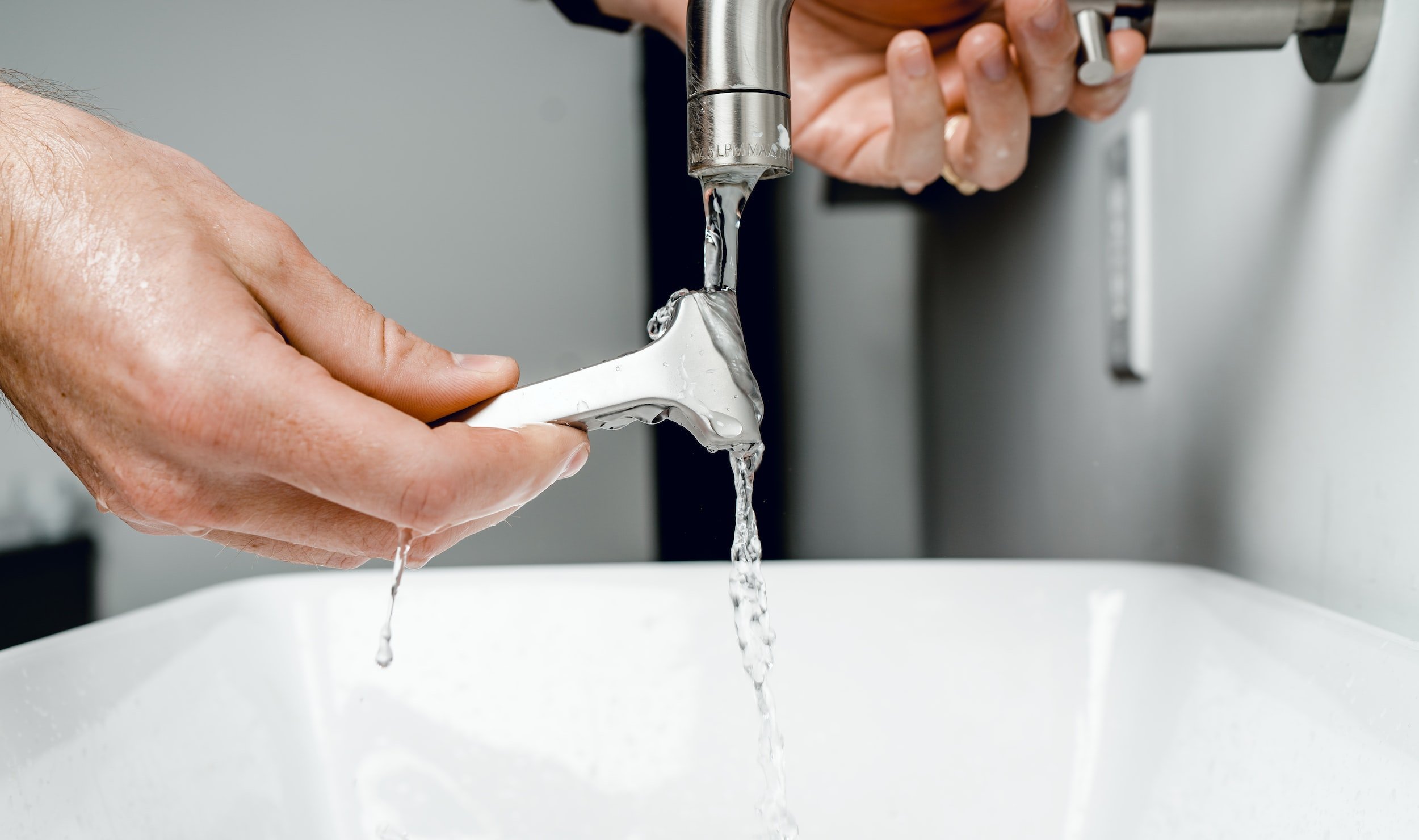3 Tips for Taking Care of Your Home's Plumbing
When it comes to your home, whether you’re renting or a homeowner, there are going to be some things that you’ll need to keep in mind, one of which is going to be plumbing. It’s one of the most important aspects of what makes a home comfortable and functional. Plus, it’s something that makes a heavy impact when it’s gone, even for a couple of hours.
It’s vital to take care of the plumbing in your home, as one thing can lead to another, and it can get rather expensive, plus have the potential to damage your home. So, what can you do? Well, here are some things that you can do to ensure that you’re keeping your plumbing safe and your home more zen.
Be careful what you flush down the toilet
How many times has this happened to you: you're trying to go, and the toilet won't flush? You don't know what to do, so you reach for the plunger and plunge with all your might. There are a few possible solutions that come to mind, but one that may not have occurred is what you just flushed down the toilet. You’re going to want to be careful with what you're flushing. This can include flushable wipes, too much toilet paper, or something that’s just not meant to go down the toilet (yes, ladies - you know what I’m talking about).
Avoid getting food, grease, or hair in the drain
A clogged drain is a messy hassle. If you've ever had food, grease, or hair go down your sink and into the pipes, then you know it’s awful. This can lead to a pipe backup or, worse, untreated sewage spilling out of the drain and onto your floor. The worst part? You can expect to pay thousands for it! It's all avoidable, and you can hire licensed drain experts to help you out.
But also, just as you need to be careful about what you flush down the toilet, the same can be said about the drain in your bathroom or kitchen. Just make sure you’re cautious when you’re cooking and cleaning. Hair is usually a little easier to clean, but food and grease/ cooking oil (especially grease) removal can only be fixed by a professional.
Don’t forget about the winter
If you live in an apartment, then this isn’t something you’ll most likely need to worry about. However, if you live in a house, it’s important you pay close attention. So, if you live in an area where it gets below zero in temperatures, then you’ll need to know that your pipes could potentially get damaged. Pipes that freeze will usually expand and will “bust,” but these are mostly pipes that are exposed/ open underneath the house rather than being entirely underground.
Not only will this mean that your pipes will more likely freeze during cold temperatures, but this is also going to mean that you can’t use them, such as running water or flushing the toilet. So, to combat this in the winter months, you’ll need to run a little bit of water (allow big drips), and this can help with preventing the pipes to freeze!

